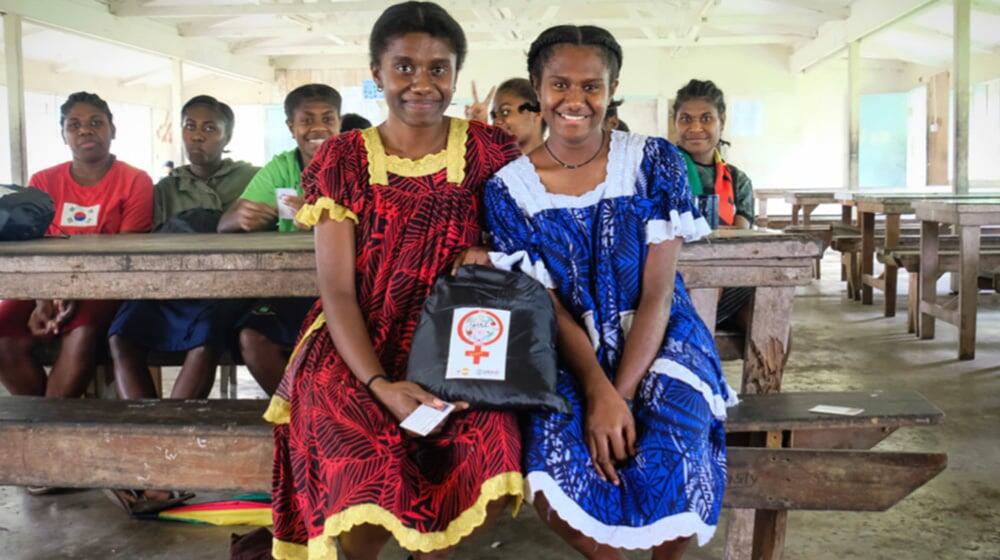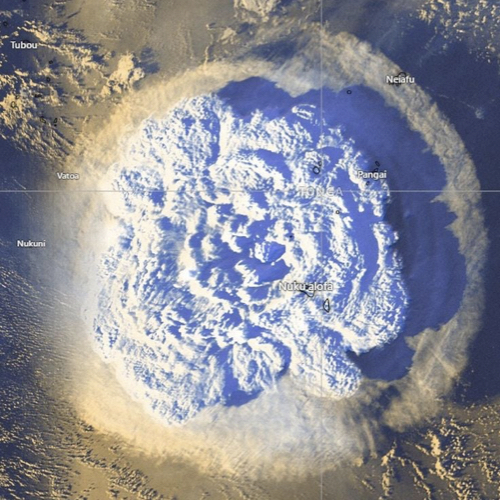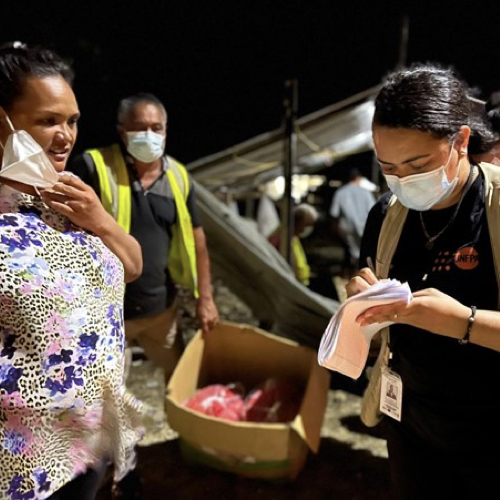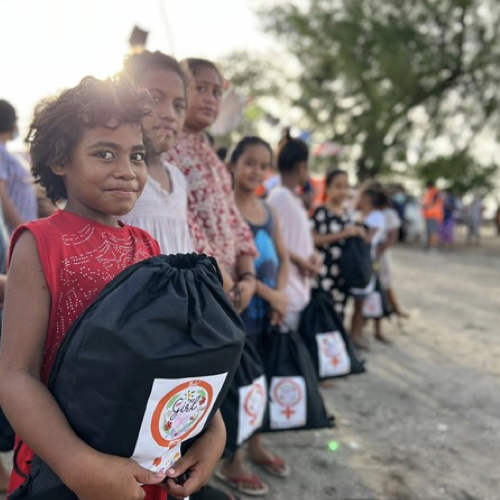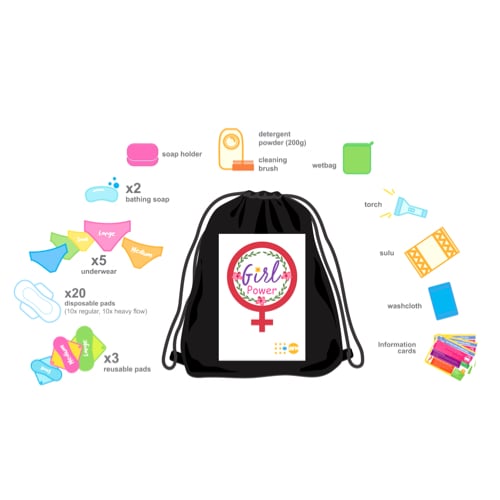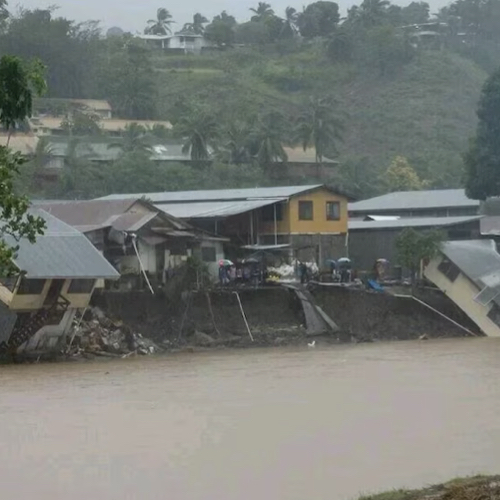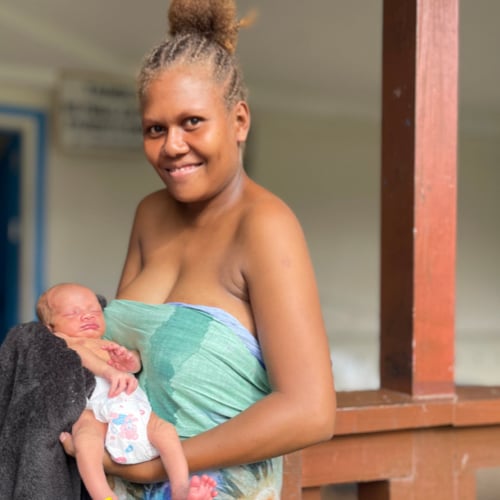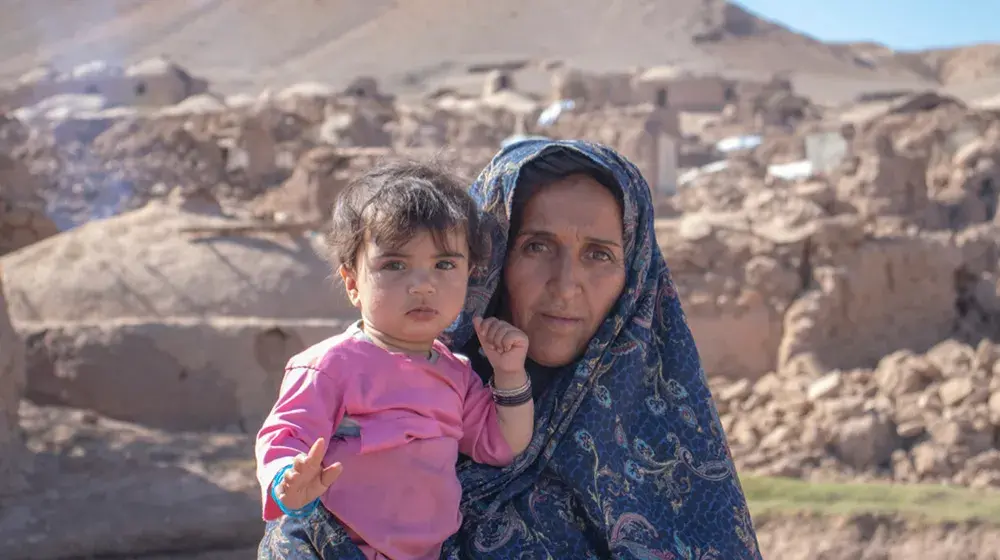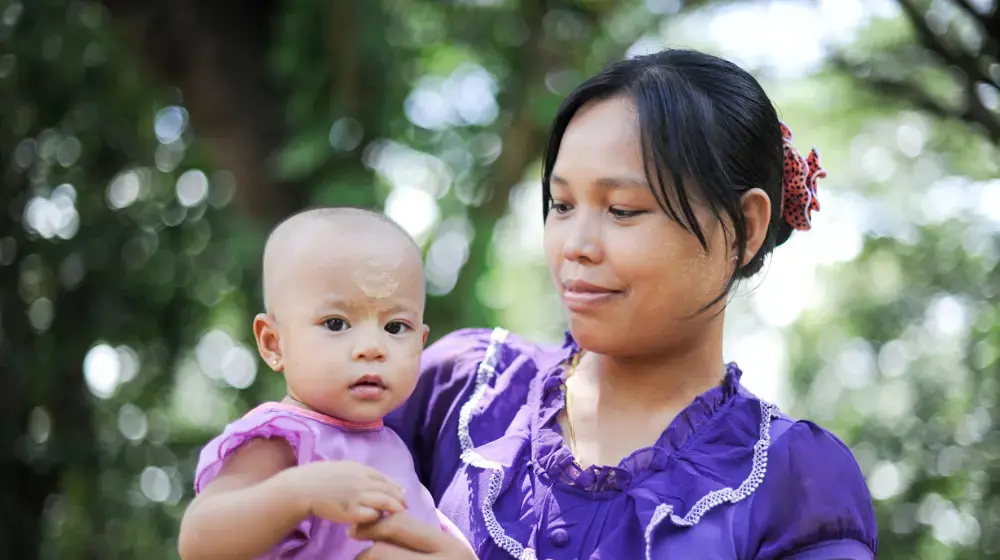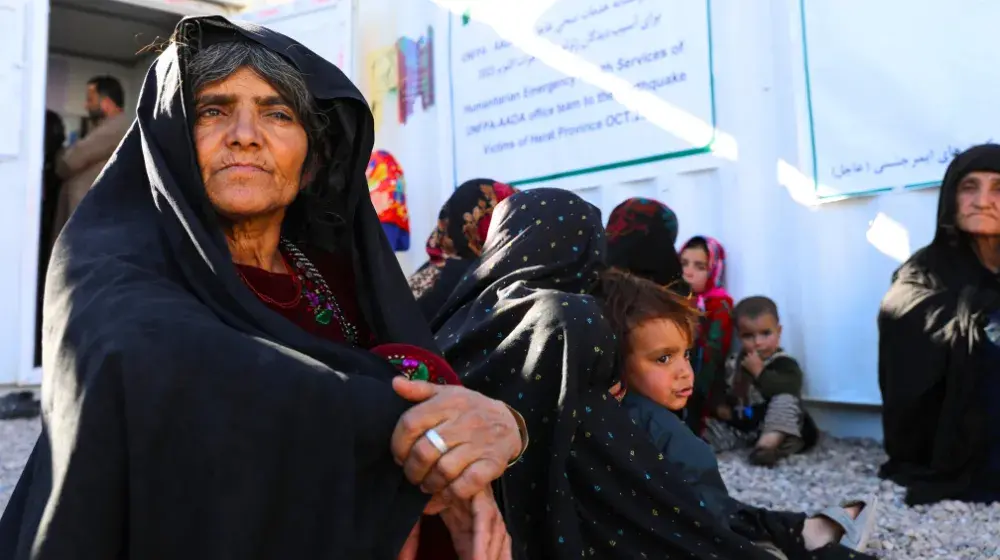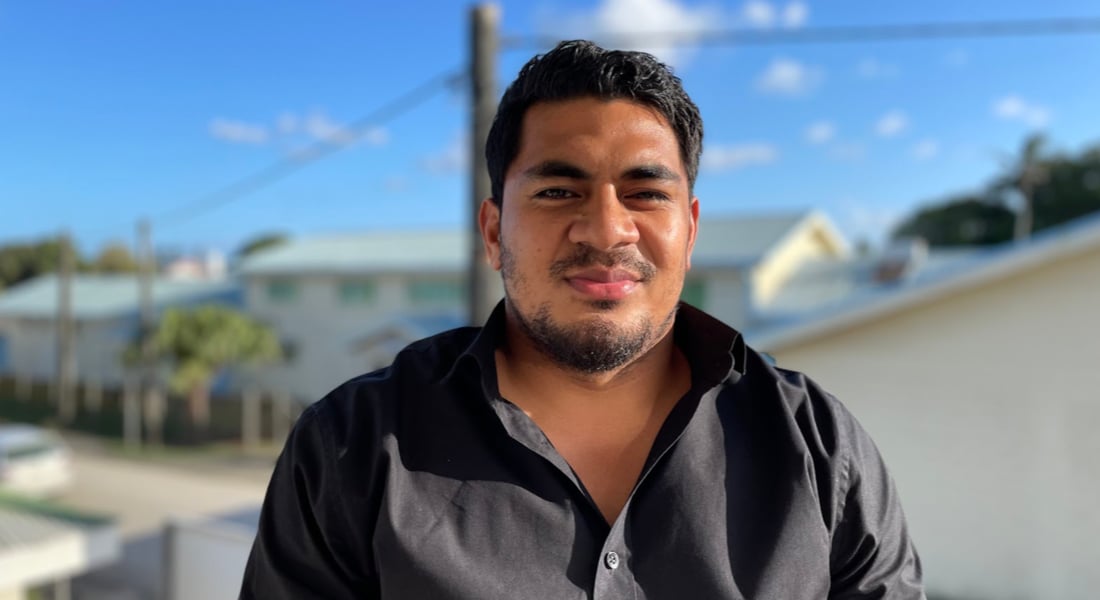
Dr. Patrick Penitai was the only doctor on call when the Hunga-Tonga-Hunga-Ha’apai volcano erupted in 2022. The resulting tsunami destroyed much of the basic infrastructure on many low-lying islands and atolls in Tonga and further afield.
Siesia-Nukunukumotu atoll was one of the places most badly impacted by the disaster, which Dr Penitai supported as a medical doctor. The experience allowed him to witness firsthand how disasters negatively impact the lives of all islanders, especially women and girls.
“I remember there was a serious lack of water for women to provide for the rest of the family,” he recalls. “Women were also not able to access proper supplies for menstrual hygiene.”
|
|
|
|
|
|
Periods don’t stop during disasters. This is why crises and disasters can have dire consequences on women and girls, affecting their sexual and reproductive health, including menstrual health and hygiene needs.
Today, Dr. Penitai continues to work with UNFPA to ensure that dignity kits and menstrual hygiene management kits, that contain essential supplies for women and girls, are pre-positioned and ready to be distributed to help manage their menstruation.
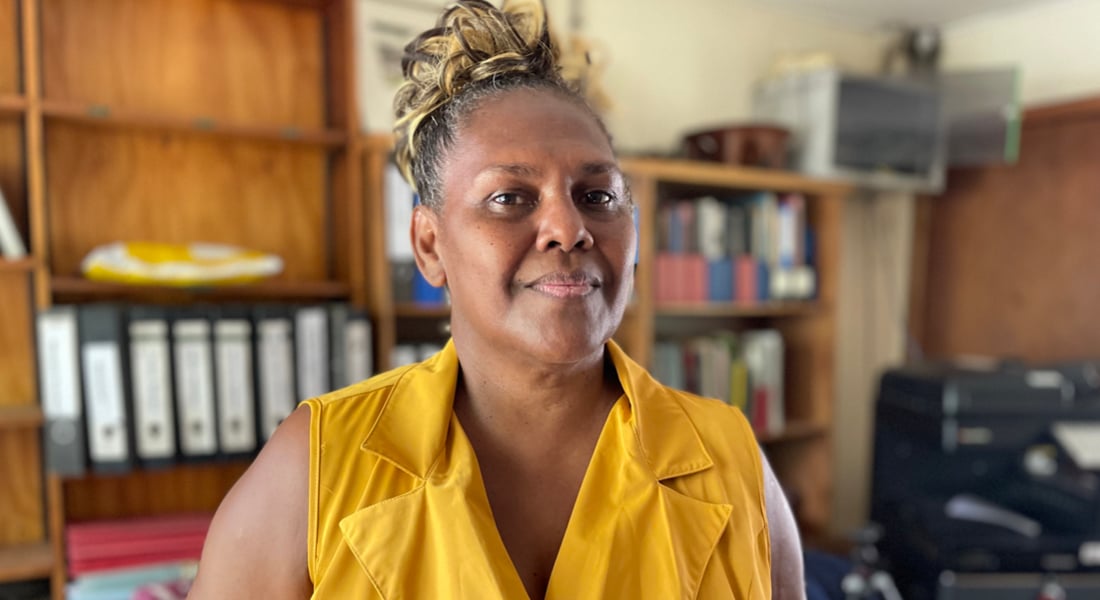
Bethlyn Warereau from the Solomon Islands also recalls the impact on women and girls when the Mataniko River banks burst in 2014 – a disaster which claimed the lives of dozens of people while displacing nearly 10,000.
Bethlyn recalls visiting the camps and shelters to determine how she could help the women and girls affected. She organized women’s circles to help them talk about their menstrual hygiene needs and health issues. “This disaster showed me that midwives need more training in emergency care as natural disasters increase in number.”
|
|
|
Today, Bethlyn’s work with the Ministry of Health helps ensure that midwives are trained and ready for emergency care in case of a climate disaster.
Countries like Tonga and the Solomon Islands continue to face frequent climate change related issues, which have been intensifying over the years. As Small Island Developing States, the geographic terrain is widespread, making the nearest health facility too far to access in emergencies.
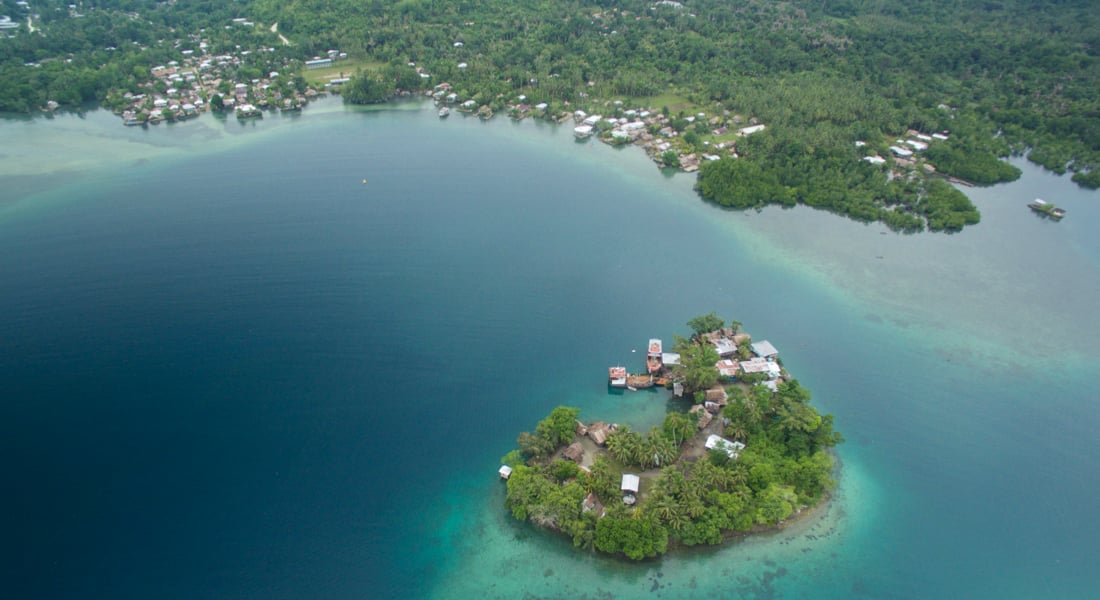
“Mothers often give birth at home due to transportation issues, it is a major challenge. Getting there is also not easy, resulting in complications along the way, so mothers give birth at home. This means there is no skilled birth attendant with them at the time. This is why we need to have a pool of health personnel like midwives, doctors, and nurses trained specifically in maternal health during such emergencies. These teams should be ready to be immediately deployed to disaster areas” says Bethlyn.
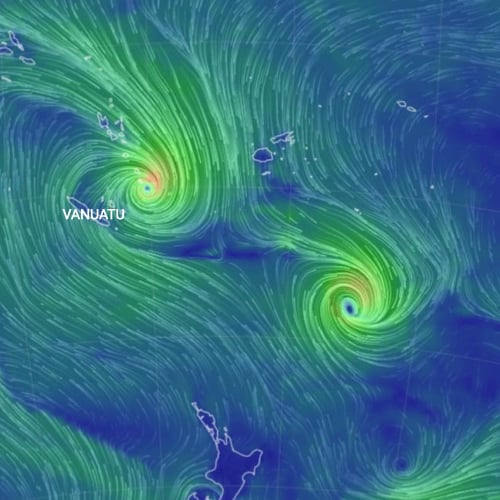
|
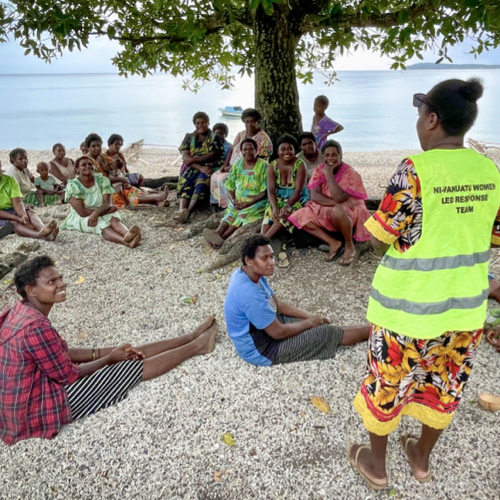
|
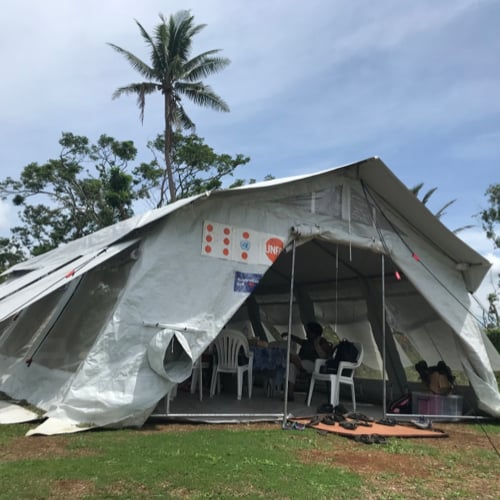
|
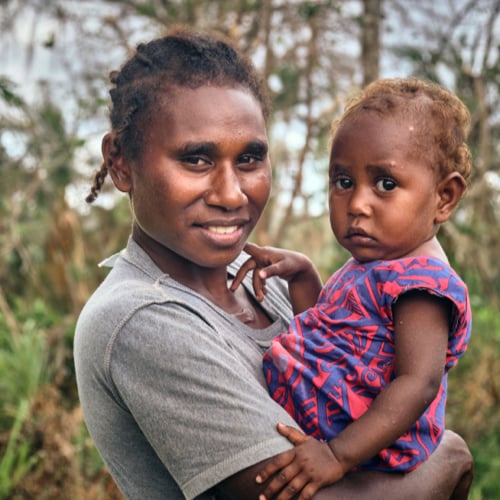
|
Severe Tropical Cyclones Judy and Kevin were a pair of intense tropical cyclones that made landfall on Vanuatu within 48 hours of each other in March 2023. 130,000 people were impacted by the storms that destroyed homes and water systems throughout the country. More than 45,000 women and girls of reproductive age were directly affected by the disasters.
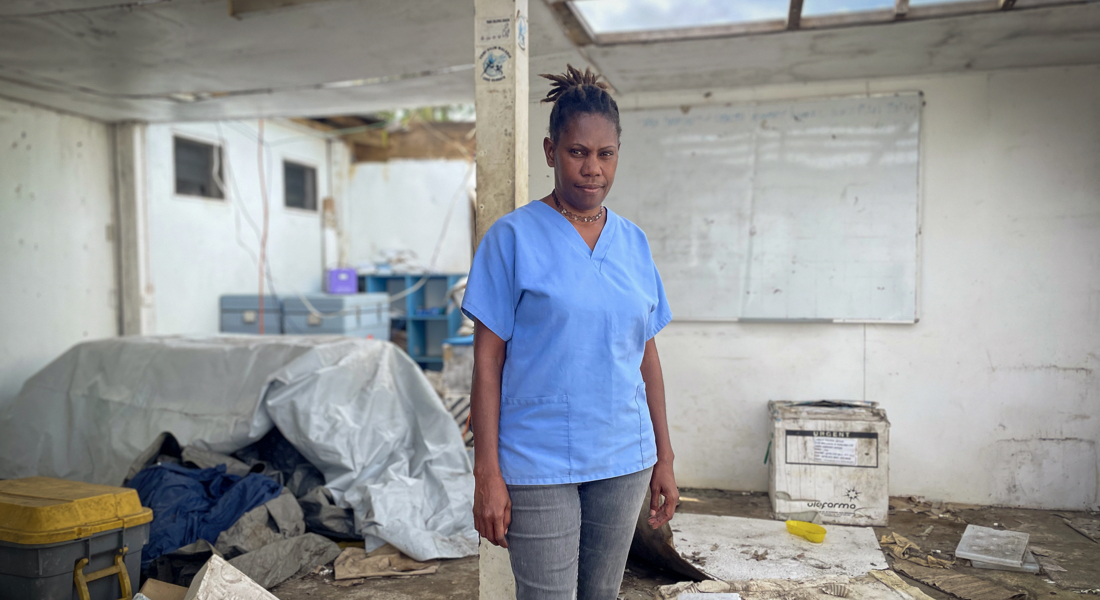
Amid the cyclone's aftermath, health workers like Sarah Maia, a midwife at the maternal and child clinic in Lenakel Hospital, faced immense challenges. With clinic rooms damaged and facilities compromised, providing postnatal care has become a struggle. Sarah explains, "The cyclone damaged several rooms in the clinic, leaving us with inadequate facilities for postnatal care." The cyclone's impact has led to a rise in respiratory infections and child malnutrition. Sarah, who is a mother of two emphasizes the heightened vulnerability of women to sexual abuse in the aftermath of the cyclone. Data shows that violence against women is a pressing issue in Vanuatu. A 2017 report by the Vanuatu Women's Centre found that 60% of women in Vanuatu have experienced physical or sexual violence, with one in three girls under fifteen experiencing sexual abuse.
Healthcare workers like Sarah, Dr. Penitai and Bethlyn continue to serve women and girls in the toughest conditions. While recognizing their tireless contributions to society, we must empower frontline workers and consult them in designing tailored global health policies and programmes. Only with their help can we build healthier and more resilient communities.
The 4th International Conference on Small Island Developing States is an opportune moment for leaders to recommit to design inclusive climate solutions that can foster sustainable development across small islands, paving the way for a future where women and girls can thrive with dignity and equality. UNFPA continues to support governments to strengthen the healthcare services that include doctors, midwives and nurses, to ensure that the unique sexual reproductive health needs of women and girls are not overlooked during climate disasters.
Island VoicesEmpowering women and girls in Small Island Developing States |
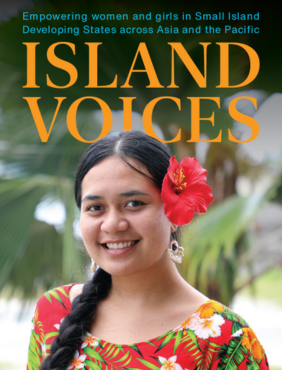
|
Learn more
Minimum Initial Service Package - The minimum, life-saving sexual and reproductive health needs that humanitarians must address at onset of an emergency
GBV Area of Responsibility brings together non-governmental organisations, UN agencies, academics and others under the shared objective of ensuring life-saving, predictable, accountable and effective GBV prevention, risk mitigation and response in emergencies, both natural disaster and conflict-related humanitarian contexts)

